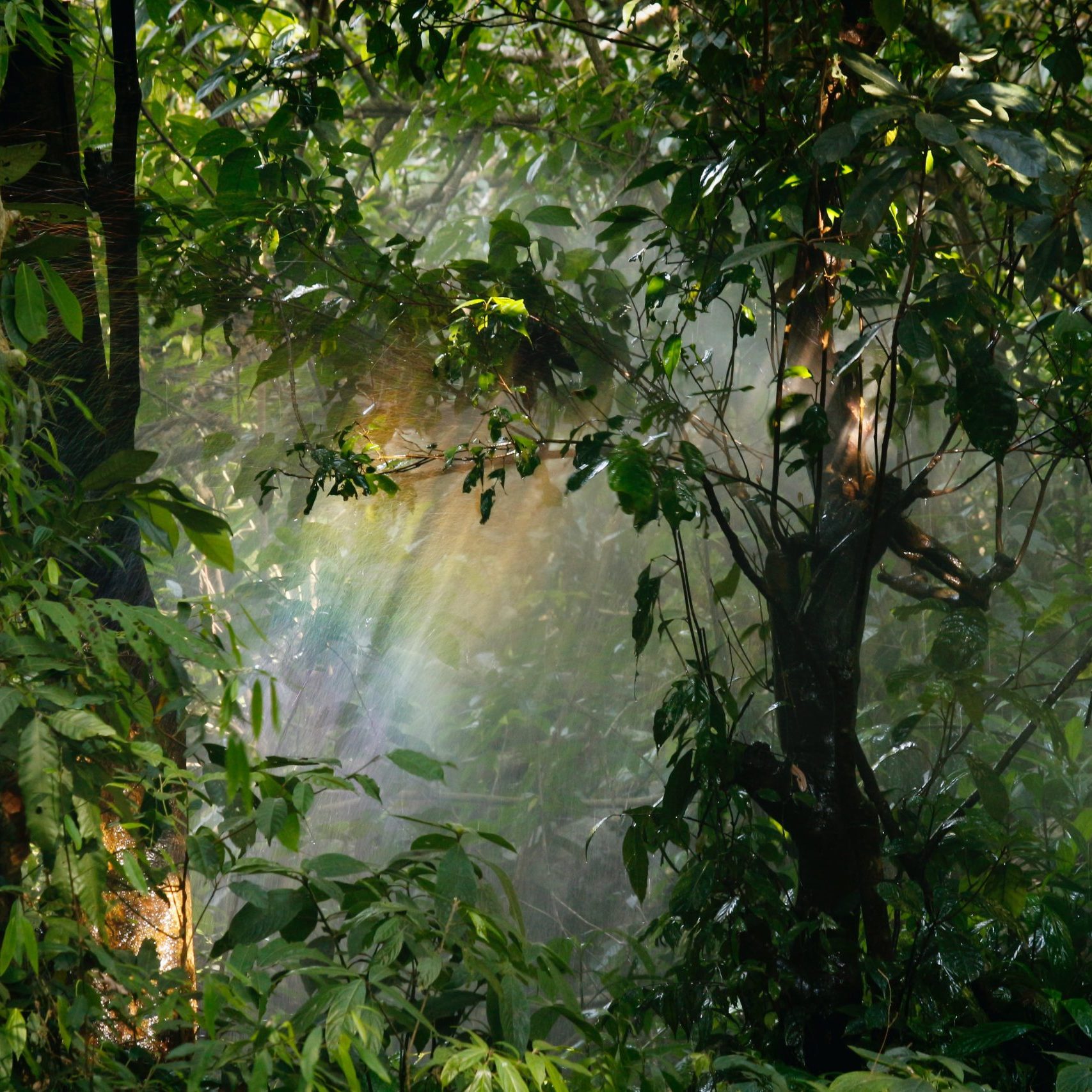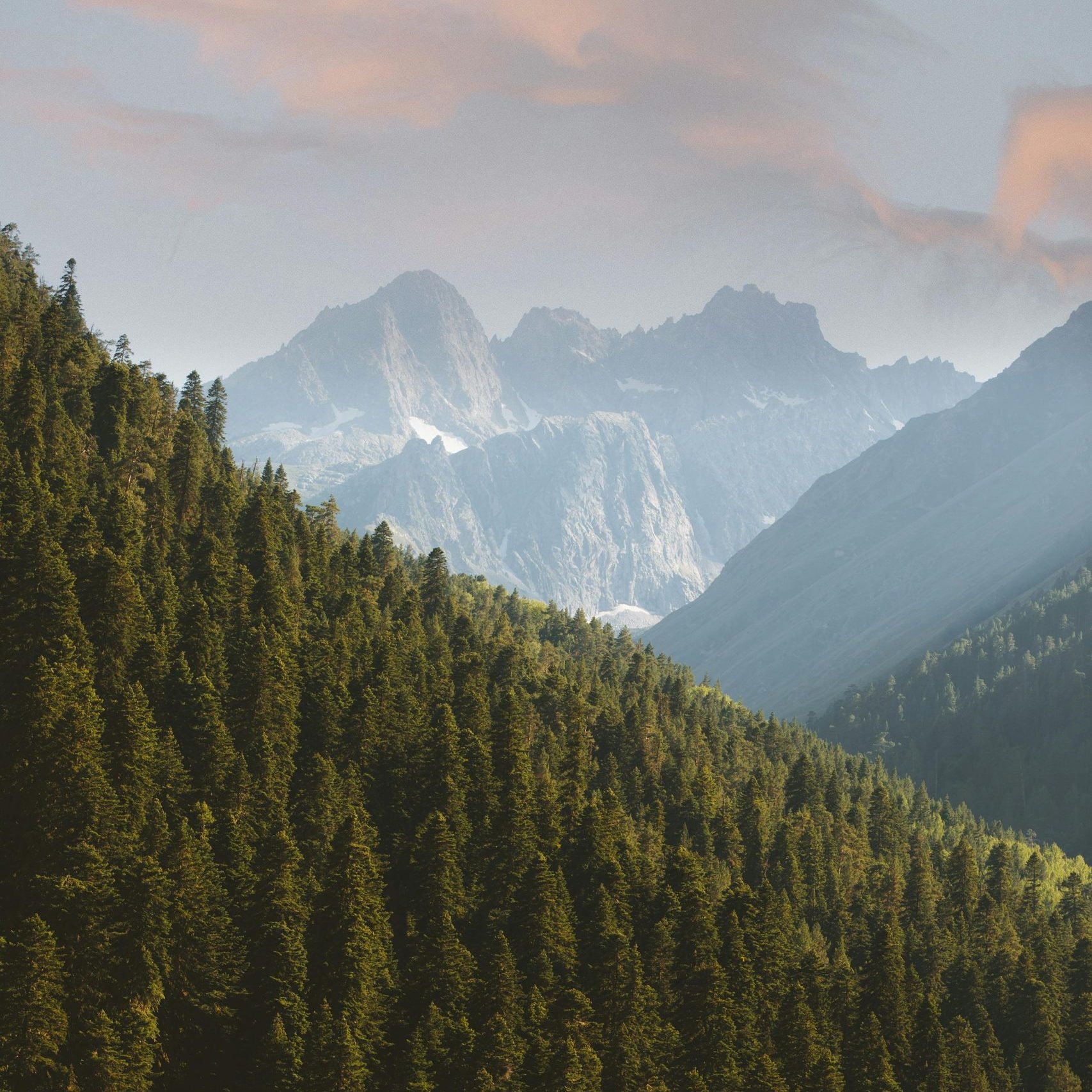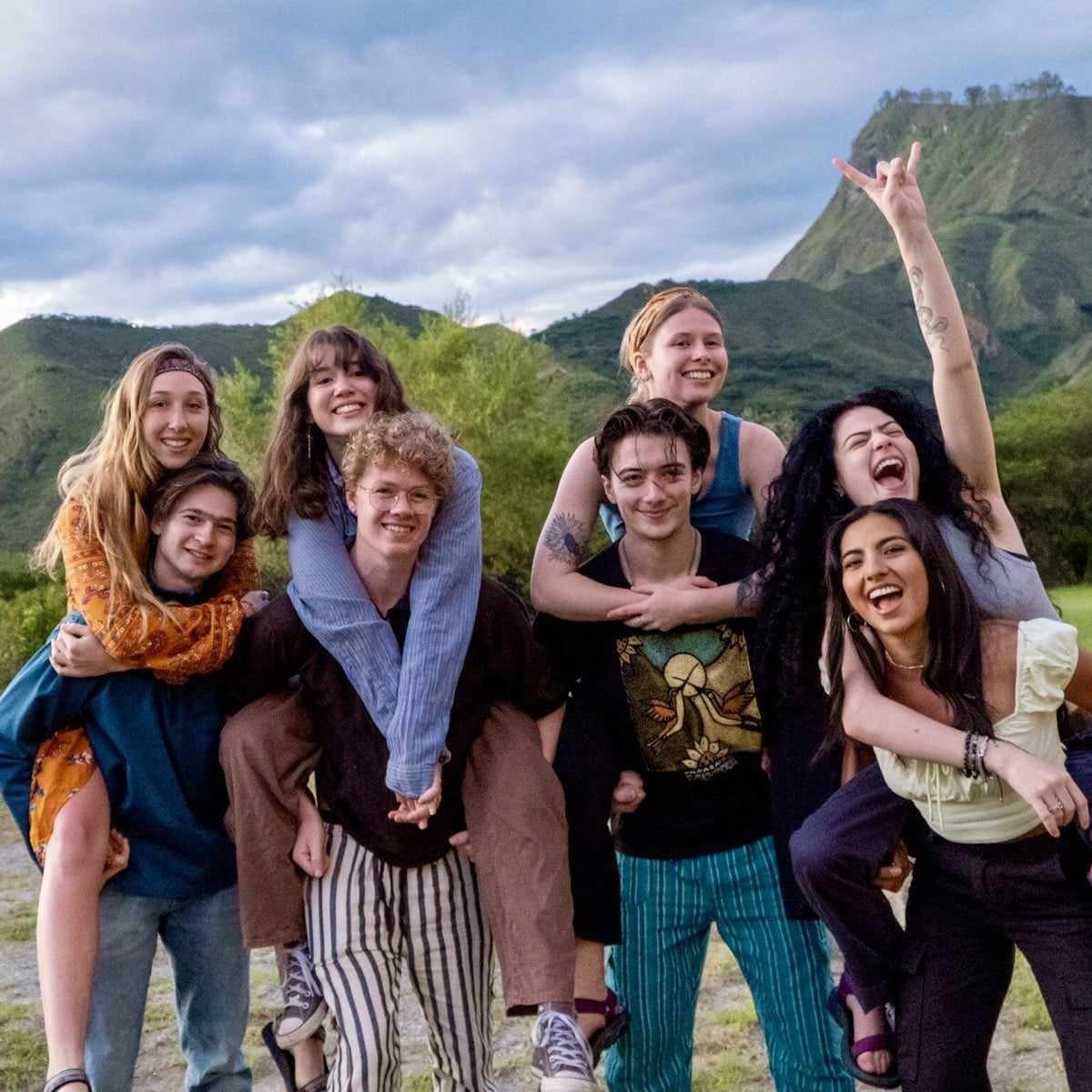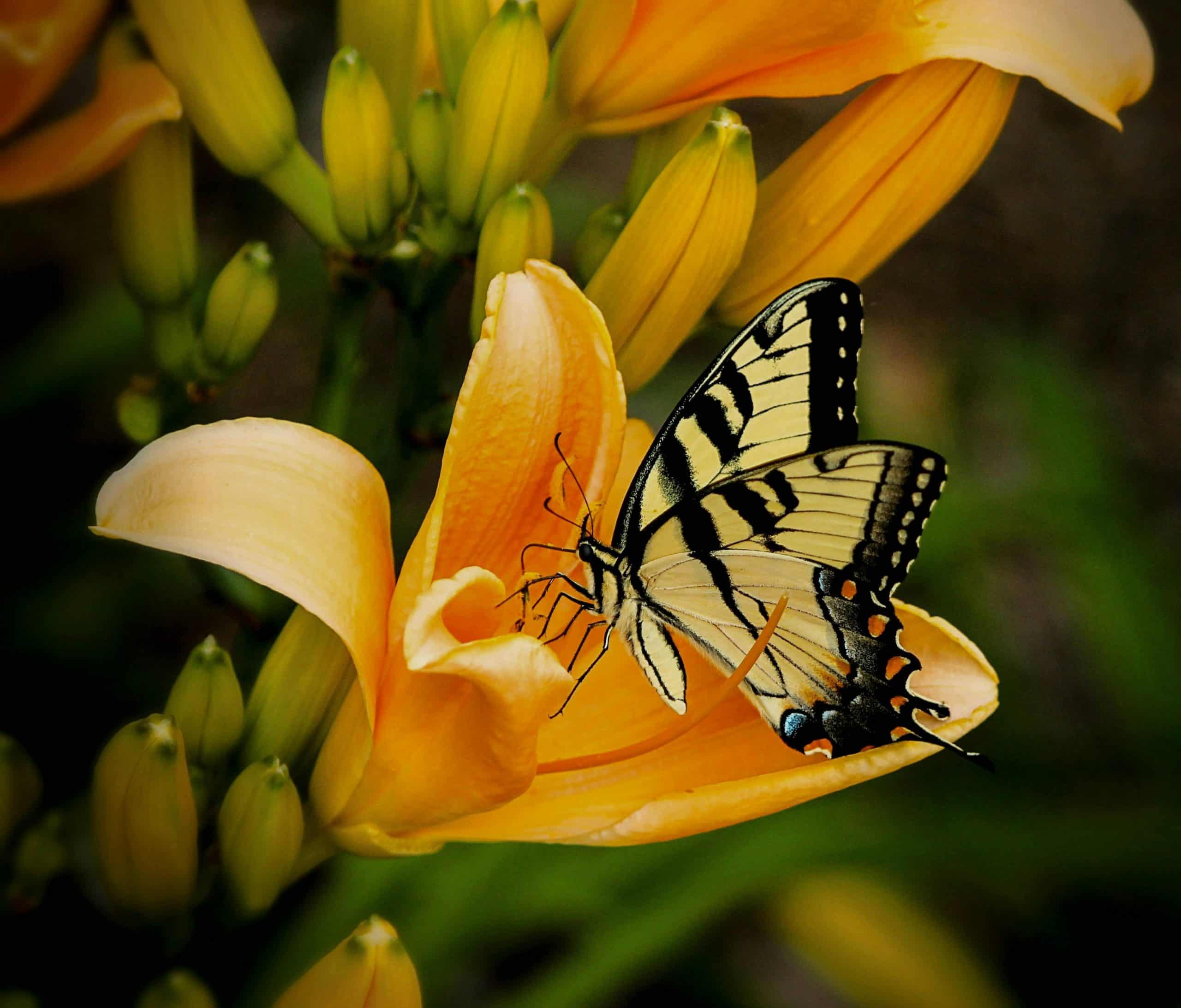SANE Bioregions consist of a series of decentralized bioregional resiliency pilot projects.
A bioregion is defined as an area of land bordered by the natural flow of watersheds.
Within such landscapes we are building meta-systems to support humans living
in sacred relationship with the natural world and each other.
In these bioregions we are focusing on creating adaptable templates that utilize core competencies of human collectives and marry these with web3 infrastructure and key tools for bioregional resiliency. In this way we address both the interior and exterior dimensions of true sustainability.
We have begun by focusing on bioregions that have foundational and historical key elements in place to pilot resiliency at scale.
Onboarding of bioregions utilizes an in-depth analysis of a bioregion's current and potential capacity for resiliency at scale. Our 108 criteria of assessment include geo-political considerations, natural capital assets and established infrastructure, as well as family culture, zoning limitations, water quality, quantity & timing of flow, soil health, and more.








